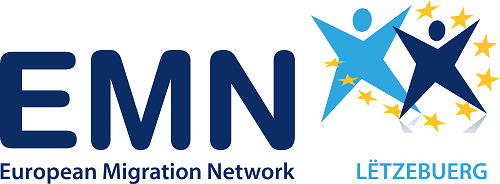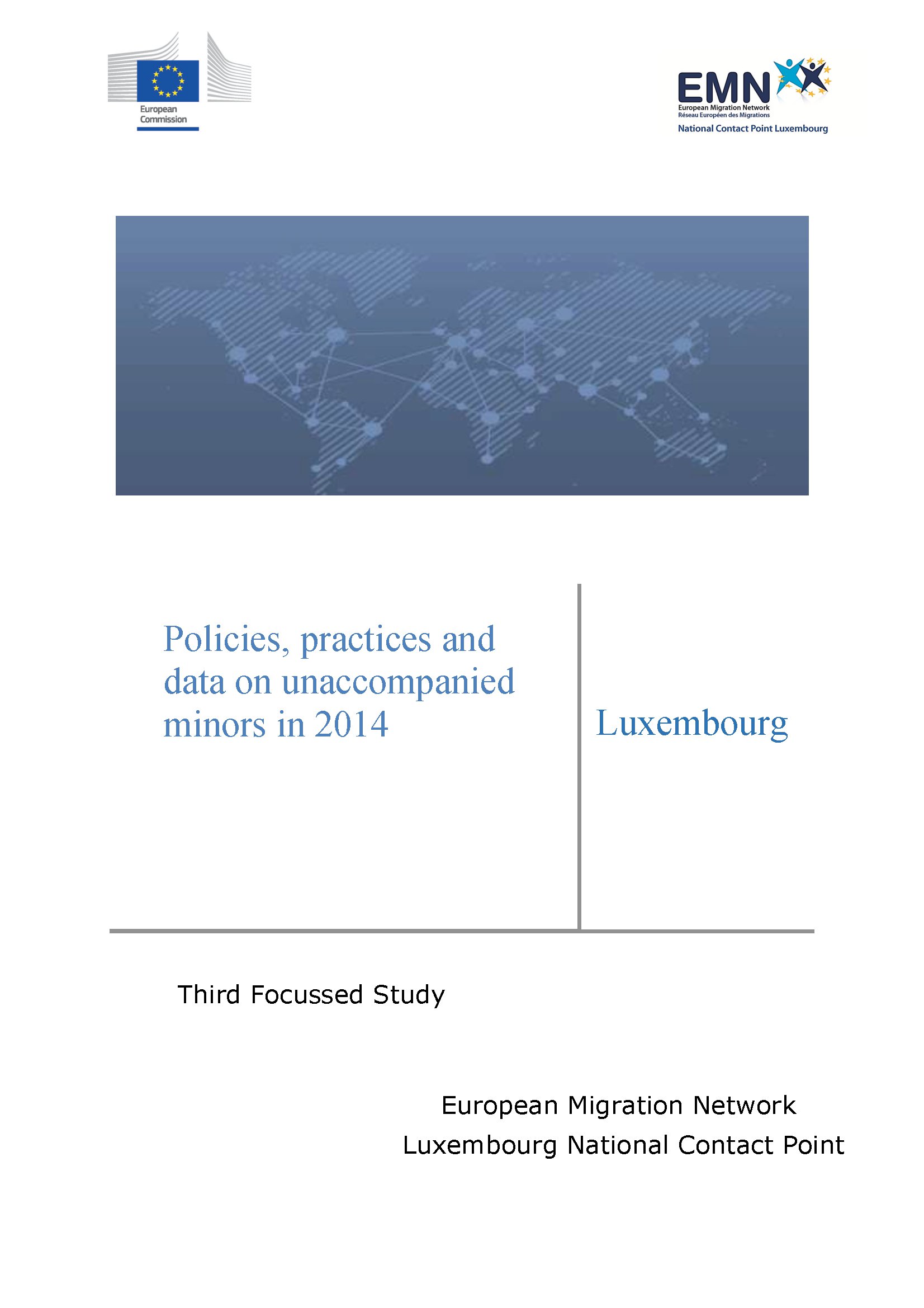The phenomenon of unaccompanied minors (from here on referred to as ‘UAMs’) has so far been relatively small in Luxembourg and it primarily affects young people aged at least 16 years of age. This also explains the difficulty of establishing distinct profiles and may explain why there is no global legal framework which guarantees a tailored reception and supervision solution for all the categories of UAMs (applicants of international protection, victims of trafficking of human beings, and humanitarian reasons). Specific legal frameworks exist according to the status of the UAM: the Law on Asylum, the Law on Immigration and the Law on victims of trafficking in human beings. This framework is completed by general rules in regards to youth protection, which apply to all minors.
After a significant increase of UAM arrivals in 2013, there are, however, some signs of a growing awareness to further strengthen the supervision and legal as well as social assistance of UAMs. Since 1 January 2014, the appointment of an ad-hoc administrator has become systematic. Thus, UAMs, whether they file an application for international protection or not, will be assigned an ad-hoc administrator as soon as possible in order to assist them in legal proceedings. Almost all UAMs arriving in Luxembourg file an application for international protection, which enables them to stay in the country and benefit from social assistance and accommodation. UAMs who do not file an application for international protection may also benefit from assistance provided by the National Authority for Children (ONE). In addition to the naming of an ad-hoc administrator, two NGO’s will, in principle, request the Youth Court for the appointment of a guardian for the UAM. The latter will assist and support the UAM in all daily life affairs.
The most significant change in legislation since 2009, has been the introduction of provisions by the Law of 1 July 2011 amending the Immigration Law, which state that no return decision shall be taken against a minor who is not accompanied by a legal representative and that the UAM shall be assisted by an ad-hoc administrator in the context of administrative and judicial procedures concerning the entry and stay on the territory with the exception of decisions based on serious public security grounds, unless expulsion is necessary in the best interest of the minor.
Another significant change came following a judgment by the Administrative Court in July 2012, in which the latter questioned the reliability of the age assessment test. Thus, since that judgment, an applicant for international protection claiming to be a minor will continue to be treated as such, even though the age test assessed him as being major, and the ad hoc administrator will continue to represent his/her interests during all the procedure.

